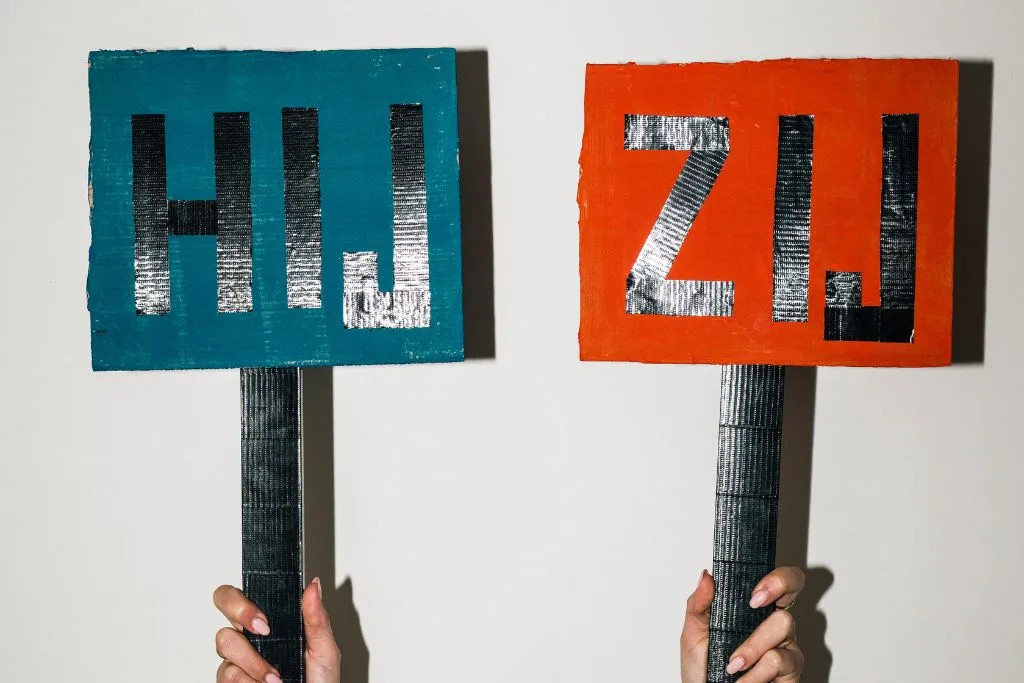How does a start-up loan work?
You don't pay back the Starter Loan for the first 3 years. You then have no monthly charges, no interest and no repayment. This gives financial leeway when you are just moving into your new home. This scheme applies to everyone who takes out the loan through the Stimuleringsfonds Volkshuisvesting (SVn).
After those 3 years, SVn looks at your income. Can you bear the burden? Then you start repaying and interest. Is your income still too low? Then you can apply for a reassessment. The SVn starters loan determines the amount you can afford. Sometimes you pay a part and sometimes nothing at all.
The loan runs for a maximum of 30 years. The interest rate is fixed for 15 years and then retested. You may make additional repayments at any time. This way you keep a grip on your monthly expenses and your financial future.
You take out the SVn Starter Loan in addition to your first mortgage. So it is an extra mortgage loan on top of the maximum you can borrow. The loan is provided under the National Mortgage Guarantee, if you meet this requirement. Interest and closing costs are often tax deductible.
The SVn starters loan is only offered in municipalities that support the scheme. You can easily check with the SVn whether your municipality offers a starters loan.
Here's how the start-up loan works
- Extra loan in addition to your regular mortgage loan.
- No monthly fees for the first 3 years.
- Reassessment application after 3 years.
- Repay only when your income allows.
- Maximum term: 30 years.
- Penalty-free redemption at any time.
- Only possible in a municipality that offers the Starter Loan.
- SVn starter loan is tax deductible.

Can I get a start-up loan?
Do you want to take advantage of a start-up loan? Then you must meet the following conditions:
- You are buying a home for the first time.
- You will live in the home yourself (primary residence).
- The maximum loan is about 20% of the acquisition cost, with limit per municipality (often €30,000-56,000).
- The loan has a term of 30 years.
- You take out the loan alongside a first mortgage with National Mortgage Guarantee(NHG).
- The home must not be more expensive than the NHG limit (in 2025: €450,000).
The maximum purchase price varies by municipality and is often linked to the average house prices in the region. Always check the specific conditions of your municipality.

How high is a start-up loan?
The starters loan bridges the difference between your maximum mortgage and the total cost of the home. The amount varies by municipality, but is usually between €25,000 and €50,000, with an upper limit of about 20% of the acquisition cost.
What determines the height?
- The municipal limit for a start-up loan.
- The amount you can borrow through your new mortgage with NHG.
- Your total acquisition cost, including additional costs.
- Any equity, gift or student debt.
This creates a clear calculation: how much mortgage do you get at most → how much do you need → that gap is bridged with the start-up loan.
Advantages and disadvantages of the starter loan
A starters loan offers starters that little bit extra to make their first home purchase possible. The scheme exists to bridge the difference between your maximum mortgage and the purchase price. Yet there are also some snags. Below you can read about the main advantages and disadvantages. Do you prefer a detailed explanation? Read our extensive article on the pros and cons of the starters loan.
Benefits of a start-up loan
The Starter Loan offers many benefits, especially if you are struggling to secure financing for your first home. This scheme gives you extra financial room and offers favorable terms.
The main benefits of a start-up loan are:
- Extra financial room on top of your first mortgage.
- No monthly charges for the first 3 years: no interest, no repayment.
- Greater opportunity to buy your first home for sale.
- Flexible terms: penalty-free repayment and sometimes extension of the interest-free period.
- Tax deductible: interest and closing costs often tax deductible.
- Possible to borrow up to 20% extra on top of your maximum mortgage.
- Fits many income situations: even if you currently have an insufficient income.
- You may repay the loan earlier - at any time and penalty-free.
Disadvantages of a start-up loan
Besides advantages, there are also some disadvantages to consider. This will help you make an informed choice. The main disadvantages:
- You build up higher debt on top of your existing mortgage.
- After the first 3 years, your income is re-assessed.
- The interest-free period may expire if your income increases.
- Higher long-term monthly expenses as interest and principal payments start. This can have immediate financial implications on your budget.
- You pay additional costs such as advisory, closing and administrative fees.
- Conditions vary by municipality for the starter loan, such as maximum purchase price or age limit.
- You may only apply after signing a preliminary sales contract.
Wondering if a start-up loan is the best choice for your situation? Schedule a free orientation meeting with an independent mortgage advisor. Together, we will review your options so you can take the next step with confidence.

How do you apply for a start-up loan?
Applying for a starter loan is easy if you follow the right steps and prepare all the necessary documents. The process is done through your municipality and the Stimuleringsfonds Volkshuisvesting Nederlandse Gemeenten (SVn). Follow these steps:
- Check whether your municipality offers the loan. Use the SVn municipality checker or contact your municipality.
- Get a mortgage quote from your mortgage broker or bank. The starter loan is an additional loan on top of your regular mortgage.
- Submit your application to the municipality. Complete the application form and submit the necessary documents, such as your income information, purchase contract and mortgage offer.
- Wait for approval from your municipality. Once you qualify for a starter loan, the municipality forwards it to SVn.
- Have the loan recorded at the notary. After approval by SVn, the loan will not be paid out until the loan meets all conditions and is notarized.
After 3 years, a reassessment takes place. SVn will then assess your financial situation. If your income has increased, you can start paying interest and redemption. If your income remains the same, the conditions may be extended.

Calculate the amount of your start-up loan
The amount of your Starter Loan depends on the difference between what you are allowed to borrow and the total cost of your home. That difference is the amount you may borrow through the Stimuleringsfonds Volkshuisvesting (SVn). This creates more room, without you having to bring in extra money of your own.
SVn looks at the purchase price of your home, your income, any gift, and what you yourself contribute. Your study debt is also taken into account. Then they calculate how much you lack. That amount is the basis for the amount of your starters loan.
Limits do apply. Most municipalities apply a maximum starters loan of €25,000 to €50,000. And: you are usually not allowed to borrow more than 20% of the acquisition costs. Everything must also remain within the NHG limit. That will be €450,000 in 2025.
The exact amount also depends on the municipality in which you buy. Not every municipality offers the same. Some have stricter conditions or a lower loan amount.

{{vragen}}




